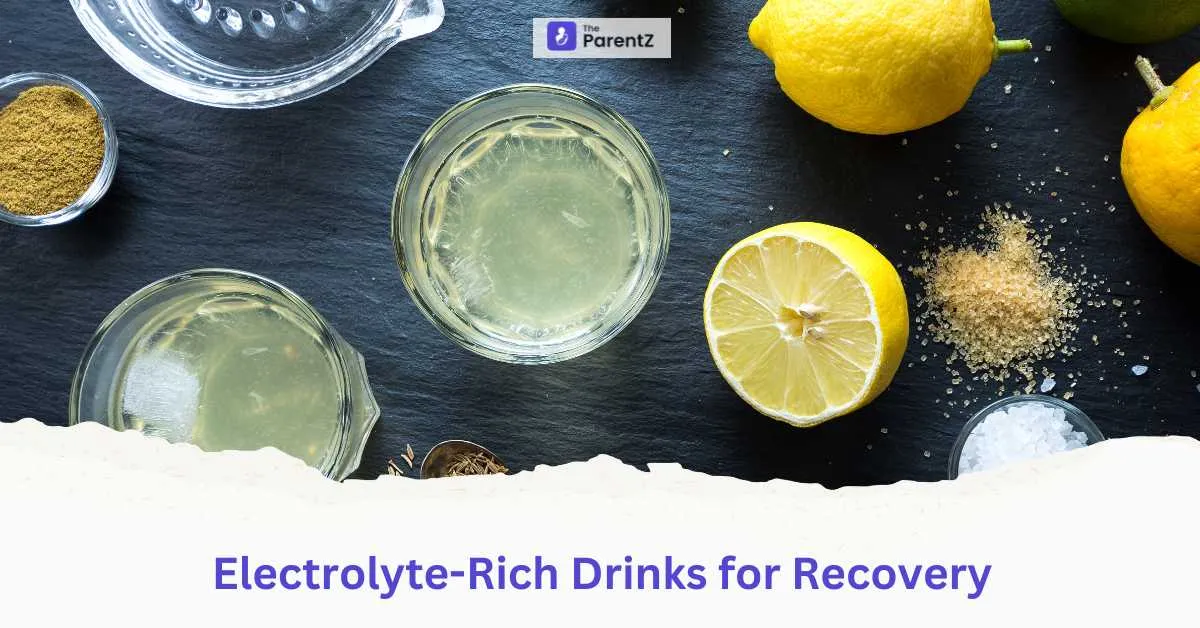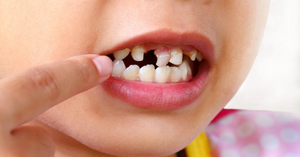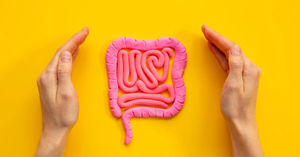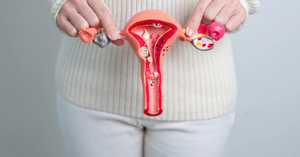Replenishing electrolytes is crucial when recovering from illness, intense physical activity, or dehydration. Electrolytes—minerals like sodium, potassium, calcium, and magnesium—are essential for various bodily functions, including muscle contractions, nerve signaling, and maintaining fluid balance.
Why Electrolytes Matter
Electrolytes play vital roles in:
- Hydration: They help regulate the balance of fluids inside and outside cells.
- Nerve Function: Electrolytes facilitate nerve impulse transmission.
- Muscle Function: They are essential for muscle contractions, including the heartbeat.
- pH Balance: Electrolytes help maintain the body's acid-base balance.
During recovery, especially from conditions like the cold or flu, vomiting, diarrhea, or excessive sweating, electrolyte levels can become depleted. Replenishing them aids in faster recovery and prevents symptoms like muscle cramps, fatigue, and dizziness.
Recommended Electrolyte-Rich Drinks
1. Oral Rehydration Solutions (ORS)
- Description: Specially formulated mixtures containing a precise balance of electrolytes and sugars.
- Benefits: Designed to quickly restore hydration and electrolyte levels, particularly effective for dehydration caused by diarrhea or vomiting.
- Examples: Products like Pedialyte or homemade solutions following World Health Organization guidelines.
2. Coconut Water
- Description: Natural beverage from young coconuts, rich in potassium and magnesium.
- Benefits: Low in sugar and calories compared to many sports drinks; offers antioxidants and has a pleasant taste.
- Considerations: Opt for unsweetened varieties to avoid added sugars.
3. Sports Drinks
- Description: Beverages formulated to replenish fluids, electrolytes, and energy lost during exercise.
- Benefits: Contain sodium and potassium; some also include carbohydrates for energy replenishment.
- Examples: Gatorade, Powerade.
- Considerations: Be mindful of sugar and calorie content; choose low-calorie or sugar-free options if necessary.
4. Electrolyte Tablets and Powders
- Description: Supplements that dissolve in water to create an electrolyte-rich drink.
- Benefits: Portable, convenient, and often customizable in terms of electrolyte balance.
- Examples: Nuun tablets, Liquid I.V. hydration multipliers.
- Usage: Follow the manufacturer's instructions for proper dosing.
5. Milk
- Description: Both dairy and fortified plant-based milks.
- Benefits: Provides calcium, potassium, and sodium; also offers protein for muscle recovery.
- Considerations: Suitable for those without lactose intolerance or dairy allergies.
6. Fruit Juices
- Description: Natural juices like orange, tomato, or watermelon juice.
- Benefits: Rich in potassium and other electrolytes; also provide vitamins and antioxidants.
- Considerations: High in natural sugars; consider diluting with water to reduce sugar intake.
7. Broths and Soups
- Description: Warm liquids made by simmering meat, bones, or vegetables.
- Benefits: High in sodium and other minerals; warmth can soothe sore throats and congestion.
- Examples: Chicken broth, miso soup.
- Usage: Sip slowly to aid digestion and hydration.
8. Herbal Teas with Added Electrolytes
- Description: Herbal infusions that can be enhanced with natural electrolyte sources.
- Benefits: Hydrating and soothing; options like ginger or peppermint tea can also alleviate nausea and digestive discomfort.
- Enhancements: Add a pinch of sea salt and a teaspoon of honey to boost electrolyte content.
Tips for Choosing Electrolyte Drinks
- Read Labels Carefully: Look for drinks with a balanced electrolyte profile and minimal added sugars or artificial ingredients.
- Consider Dietary Needs: Choose options that align with any dietary restrictions, such as gluten-free or vegan.
- Monitor Sugar Intake: Excessive sugar can lead to energy spikes and crashes; opt for low-sugar options if possible.
- Stay Hydrated with Water: While electrolyte drinks are beneficial, water should still be a primary source of hydration.
Homemade Electrolyte Drink Recipe
Creating your own electrolyte drink is simple and allows you to control the ingredients.
Ingredients:
- 1 liter of water
- 6 teaspoons of sugar or honey
- 1/2 teaspoon of salt
- 1/2 cup of orange juice or 2 tablespoons of lemon juice (for potassium and flavor)
Instructions:
- Mix all ingredients thoroughly until the sugar and salt are completely dissolved.
- Adjust flavors to taste if necessary.
- Store in a refrigerator and consume within 24 hours.
When to Seek Medical Advice
If you experience symptoms of severe dehydration—such as extreme thirst, dry mouth, dark urine, dizziness, or confusion—seek medical attention promptly. Persistent electrolyte imbalances can lead to serious health issues, including heart rhythm problems and seizures.
Conclusion
Electrolyte-rich drinks play a significant role in recovery by restoring essential minerals lost during illness or physical exertion. Choosing the right beverages can enhance hydration, support bodily functions, and expedite the recovery process. Always listen to your body's needs and consult a healthcare professional if you have concerns about your electrolyte levels or overall hydration status.








Be the first one to comment on this story.